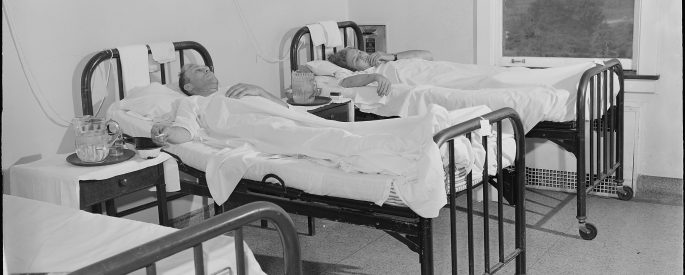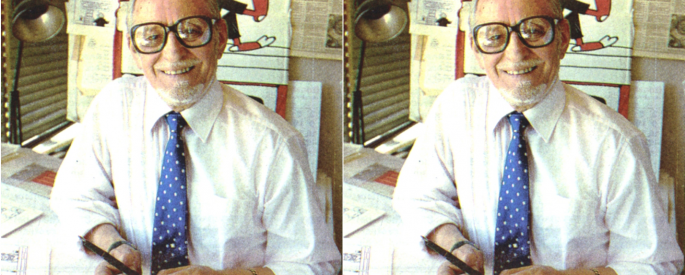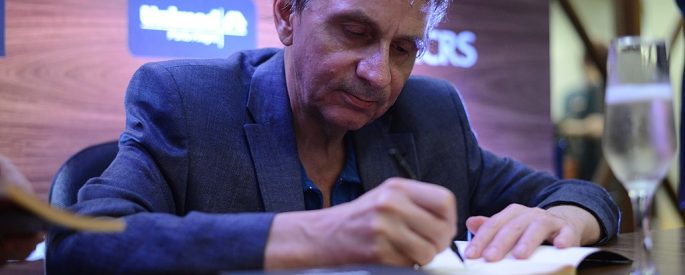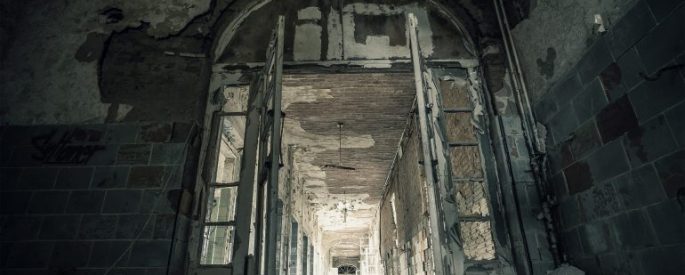Critical Essays Archive
Birds and the Conjuring of Grief

There is no better depiction of the way grief perches in the heart than recent books by Helen MacDonald and Max Porter.
Suicide in Min Jin Lee’s Pachinko

Lee shifts the onus of responsibility of suicide from the individual to a complex societal structure. She implies that it is not that the person who dies by suicide is weak or selfish, but rather that the surrounding society is broken.
Emotional Memory in Dan Sheehan’s Restless Souls

Dan Sheehan’s intertextual debut novel pursues the different calibers of memory, and asks to what extent we can and should control them.
The Narrative Messiness of Chronic Illness

Memoirs from Paul Kalanithi, Lucy Grealy, Jean-Dominique Bauby, and Porochista Khakpour teach us about turning the story of an ailing body into a work of art.
Andy Capp and the Survival of the Neediest

Often our ugliest and most tired characters are casually granted new pathways to reinvent and rebrand themselves, allowed safe distance from darker histories their creators would prefer we forget.
Michel Houellebecq’s Submission and the Liberal Man

Michel Houellebecq has always been a provocative writer and in fact considers himself to be a real provocateur, someone who “says things he doesn’t think, just to shock,” and who leans into that shock when he has a sense that people will hate it.
The Importance of the Difficult

What is the role of difficult poetry? What does it do that more accessible poetry cannot do? And might it not have a political import?
Anger and Feminism in Virginie Despentes’ Work

Despentes is blunt, upfront, and unapologetic about upending normative rules of decorum regarding what can be discussed and how it must be discussed.
The Immigrant, The Worker, and The Zealot in Ling Ma’s Severance

Ling Ma brings post-apocalyptic zombie fiction, the Asian-American immigrant narrative, and anti-capitalist office satire together in her debut novel in which capitalism is—literally—a disease.
Eudora Welty and Place in Storytelling

In her essay “Place in Fiction,” originally delivered as a lecture at Duke in 1955, Eudora Welty almost immediately positions place as an antidote to broad generalizations about human experience.